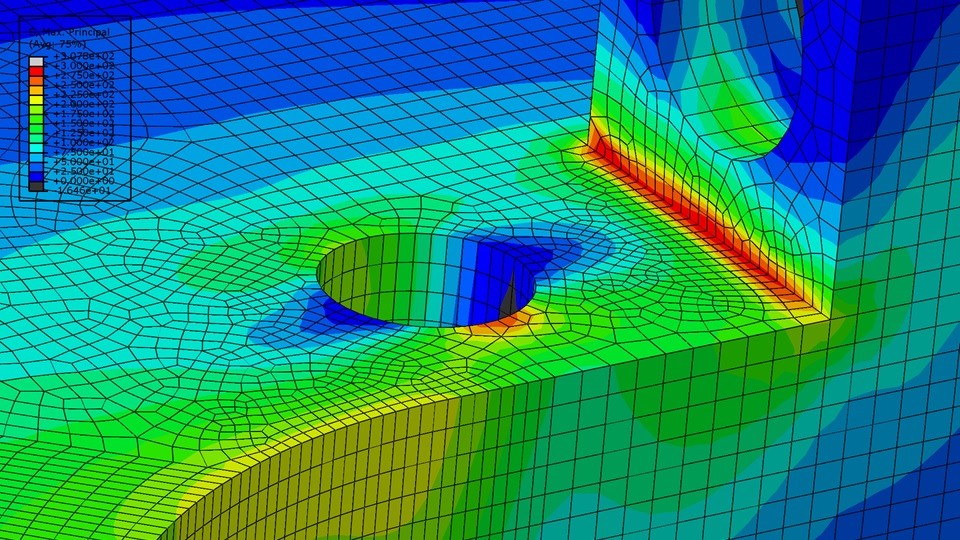Medical Implant Elemental Purity Assessment
The assessment of elemental purity in medical implants is a critical aspect ensuring patient safety and regulatory compliance. Medical devices, especially implants like orthopedic hardware or dental fixtures, are subject to stringent quality control measures that demand the highest level of purity. This service focuses on evaluating the trace elements present within these implants through precise analytical techniques. The goal is to identify any impurities or deviations from specified elemental compositions that could potentially impact the performance and biocompatibility of the implant.
The importance of this assessment cannot be overstated, especially given the high stakes involved in medical device manufacturing. Even minute quantities of unwanted elements can lead to significant issues such as corrosion, increased risk of infection, or reduced mechanical strength. Our laboratory employs state-of-the-art analytical instruments and adheres to international standards to ensure accurate and reliable results.
The process begins with thorough specimen preparation, where the implant is cleaned and prepared for analysis without altering its elemental composition. Following this step, we utilize techniques such as Inductively Coupled Plasma Optical Emission Spectroscopy (ICP-OES) or X-ray Fluorescence (XRF) to measure trace elements down to parts per million levels.
Our team of experts ensures that all samples are analyzed under controlled conditions to minimize external variables. This includes standardizing the temperature, humidity, and other environmental factors during analysis. Additionally, we employ rigorous quality control measures to validate our methods and ensure consistency across all analyses.
| Applied Standards |
|---|
| ISO 13402-2:2005 EN ISO 13485:2016 ASTM F713-19 |
The results of our elemental purity assessments are comprehensive and detailed, providing a clear picture of the elemental composition of each implant. These reports serve as critical tools for quality assurance departments, R&D teams, and regulatory compliance officers to make informed decisions regarding product safety and performance.
Understanding the broader context within which this service operates is essential. As a leader in chemical testing, we are committed to supporting industries where precision and reliability are paramount. Our expertise spans various sectors including pharmaceuticals, electronics, and food safety, but our focus here remains on ensuring that medical devices meet the highest standards of purity.
By leveraging advanced analytical techniques and adhering strictly to established standards, we provide clients with peace of mind knowing their products have been rigorously tested for elemental purity. This service not only meets current regulatory requirements but also helps pave the way for future innovations in medical device technology.
Why It Matters
The importance of assessing elemental purity in medical implants cannot be overstated. Purity is a fundamental requirement for any medical device intended for use within the human body, as even trace amounts of impurities can have severe consequences. For instance, certain elements may interact with bodily fluids or tissues, leading to adverse reactions that range from minor discomforts to life-threatening conditions.
- Corrosion: Excessive levels of certain metals like iron or nickel in implants can lead to accelerated corrosion rates, potentially causing damage to surrounding bone and soft tissue.
- Biocompatibility Issues: Some elements may trigger immune responses resulting in inflammation or allergic reactions. Nickel, for example, is known to cause hypersensitivity in some individuals.
- Increased Risk of Infections: Contaminants or impurities can serve as breeding grounds for bacteria, increasing the likelihood of surgical site infections post-operation.
In addition to these health risks, maintaining elemental purity ensures that implants function optimally over their intended lifespan. Any deviation from specified compositions may compromise the mechanical integrity and longevity of the implant, affecting patient outcomes negatively.
The regulatory landscape surrounding medical devices is continually evolving, with stringent guidelines emphasizing the need for comprehensive quality assurance practices. By offering this service, we help our clients stay ahead of these developments, ensuring their products comply not only with present regulations but also anticipate future changes.
Applied Standards
The elemental purity assessment of medical implants is guided by a series of international standards that provide robust frameworks for conducting these evaluations accurately and reliably. These include:
| Applied Standards |
|---|
| ISO 13402-2:2005 EN ISO 13485:2016 ASTM F713-19 |
ISO 13402-2 provides specifications for the chemical analysis of metallic materials, which forms the basis for our elemental purity assessments. This standard ensures that all analyses are conducted using consistent methods and protocols.
EN ISO 13485 focuses on quality management systems specifically designed for medical device manufacturers. By adhering to this standard, we ensure that every aspect of our service—from sample preparation to final reporting—is managed with the utmost care and precision.
ASTM F713-19 sets forth specific requirements related to the testing methods used in evaluating metallic materials commonly found in orthopedic implants. This includes detailed guidelines on how samples should be prepared, calibrated instruments utilized, and acceptable limits for various elements present.
The combination of these standards guarantees that our elemental purity assessments are not only accurate but also compliant with global regulatory expectations. Our commitment to following these rigorous protocols ensures that clients receive reliable data they can trust when making decisions about their product quality and safety.
Quality and Reliability Assurance
- We conduct regular internal audits to ensure all processes meet established standards and guidelines.
- All personnel involved in the analysis undergo continuous training to stay updated on the latest methodologies and equipment advancements.
- A dedicated quality control team monitors every stage of the testing process, from sample receipt through final reporting.
- Our laboratory is accredited by recognized bodies such as ISO/IEC 17025 to ensure compliance with international standards for technical services and calibration laboratories.
- We maintain strict adherence to all relevant regulatory requirements, including those set forth by the FDA (US Food and Drug Administration), EU Medical Device Regulation, and other national agencies.
These measures are implemented to guarantee that our clients receive accurate, reliable results every time. By adhering strictly to these protocols and standards, we maintain a high level of trustworthiness with our customers across the globe.





